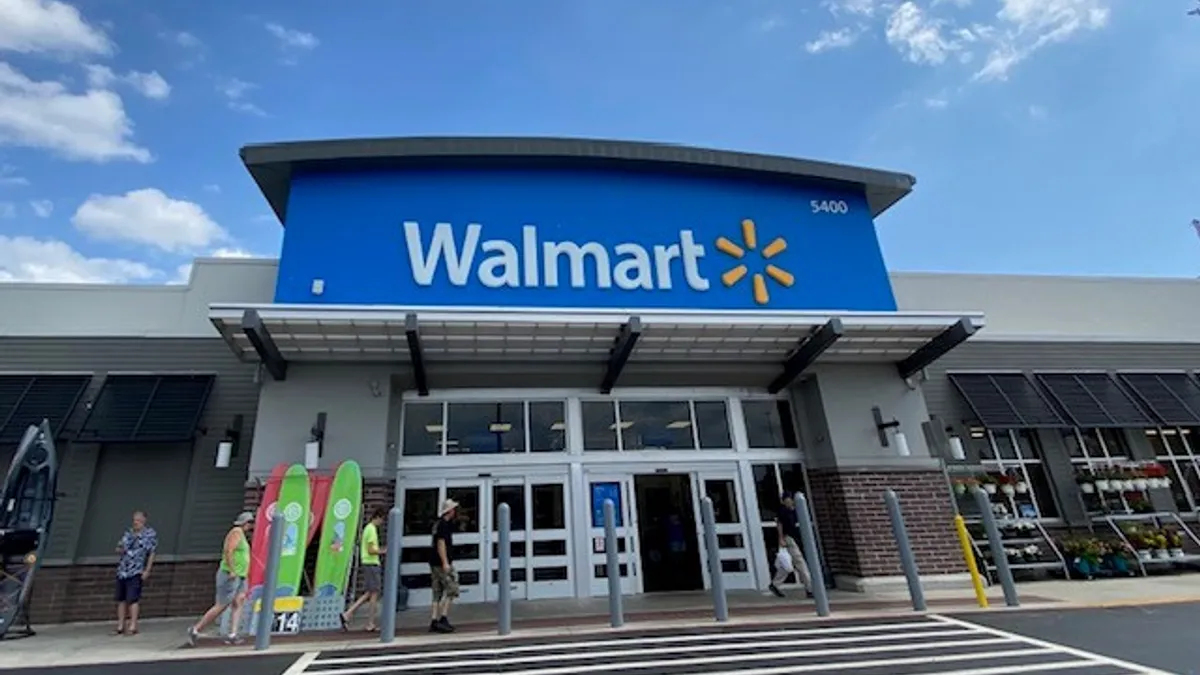Walmart is teaming up with Khan Academy to offer a free financial literacy course for company associates, customers and community members, according to a July 18 announcement from Walmart.
About 72% of U.S. adults report feeling stressed about money, according to the American Psychological Association’s Stress in America survey. Walmart’s financial literacy course is aimed at improving overall well-being, which includes physical, emotional and financial health.
“We know if someone is experiencing financial stress, it can lead to significant physical and emotional health issues, like heart disease, depression and more — it’s all connected,” Kim Lupo, Walmart’s senior vice president of global total rewards, said in the announcement.
“That’s why we have been and continue to be focused on providing access to tools and resources to support total well-being,” she said.
The virtual course includes articles, videos and exercises focused on personal finance skills. The learn-at-your-own-pace modules feature topics such as budgeting, saving, consumer credit, financial goals, loans, debt, insurance, investments, scams and taxes.
“We know from listening to our associates and customers that financial well-being is an important component to their total well-being,” Lupo said. “We believe offering these unique financial offerings will empower people to live their best lives — in and out of the workplace.”
Employees want more education programs, particularly around financial wellness and their retirement benefits, according to a recent report. Employers who work with financial advisors also listed employee financial literacy and employee investment recommendations as top issues.
Overall, employees are increasingly in favor of their employers being involved in their finances, particularly helping them through financial hardships. This includes helping employees to understand how to maximize their benefits and achieve financial wellness.
In turn, talent acquisition professionals are offering comprehensive total rewards bundles to draw workers. Several options are on the table, including signing bonuses, flexible work arrangements, public transportation or rideshare benefits, mental health or counseling coverage and education or apprenticeship programs.













